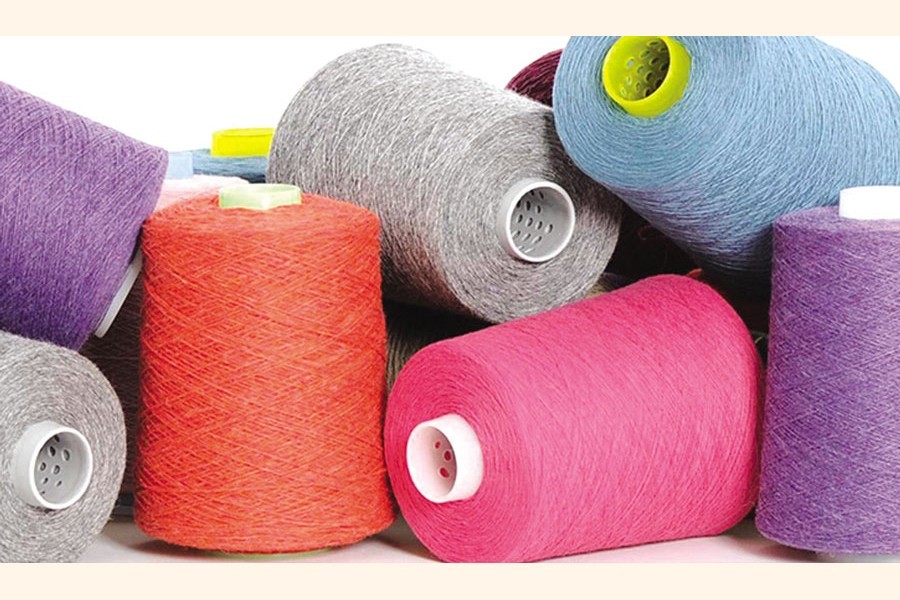Terry towel and home textile makers pressed the government for allowing import of yarn to help the industry grow further and grab the rising global demand amid the Covid-19 pandemic.
The country also has much prospect to increase its home textile, terry towel and knitwear exports, especially to the European Union, after the latter is reportedly ready to withdraw its GSP Plus facility for Pakistan, one of Bangladesh's competitors, they added.
The Bangladesh Terry Towel and Linen Manufacturers and Exporters Association (BTTLMEA) on Monday made the plea in separate letters, signed by its chairman, to the National Board of Revenue, Ministry of Finance and Ministry of Commerce.
The BTTLMEA, a trade-body of 113 mills - producing terry towel, home textile and allied products, requested the government to allow its member factories import 6.0-20 counts yarn.
It also demanded allowing its members, who do not have bonded warehouse licence, to import yarn at concessionary rates against their industrial import registration certificates.
Majority of the BTTLMEA members are small and medium in size, and they cannot comply with the requirements for getting bond licence, it explained.
According to the association, the mills need to pay 37 per cent and 31 per cent duty to import cotton yarn and poly cotton yarn respectively.
When asked, BTTLMEA Chairman Shahadat Hossain Sohel said, "We have sufficient work orders. But we can't meet the demand due to insufficient local supply of yarn and its high prices."
The local terry towel and home textile makers are largely dependent on domestic supply of yarn, and they source almost 70 per cent of their required demand of yarn from the local millers.
"But they (the local makers) can't supply yarn in line with our demand and lead time."
Moreover, local yarn price is 50 to 60 per cent higher than other competitor countries, including India and Pakistan.
Mr Hossain noted that 6.0-20 counts robot yarn is used in both terry towel and denim/twill manufacturing. Such category of yarn gets high price after it is blended with small quantity of virgin cotton.
As a result, the yarn makers sell the items to denim/twill producers for getting higher rate compared to the towel makers.
High quality towel manufacturing also needs 6.0-20 counts ring yarn. But most of the local mills produce more than 24 counts ring yarn, which is mostly consumed by the knitters.
"The local millers are not interested to produce yarn, required for towel making. Rather, they produce yarn for high-rated large orders."
There is no alternative to yarn import to sustain the export growth and retain the global markets, the BTTLMEA leader said in the letter.
He requested the government to make the raw material available at international competitive prices to sustain their competitiveness in the global market.
The trade-body also urged the government to allow yarn import and partial import of yarn through all permitted ports using land, shipping and rail routes.
Home textile and terry towel sector fetched US$ 1.16 billion in the just concluded fiscal year, 2020-21, recording a 49 per cent year on year growth, according to the BTTLMEA.
Industry insiders said export of the sector could reach $5.0 billion within a few years, provided with required policy support and a business-friendly environment.
Due to the coronavirus outbreak across the globe, use of knitwear and towel items in the major markets increased significantly, as the pandemic forced people to stay at home, they said.


